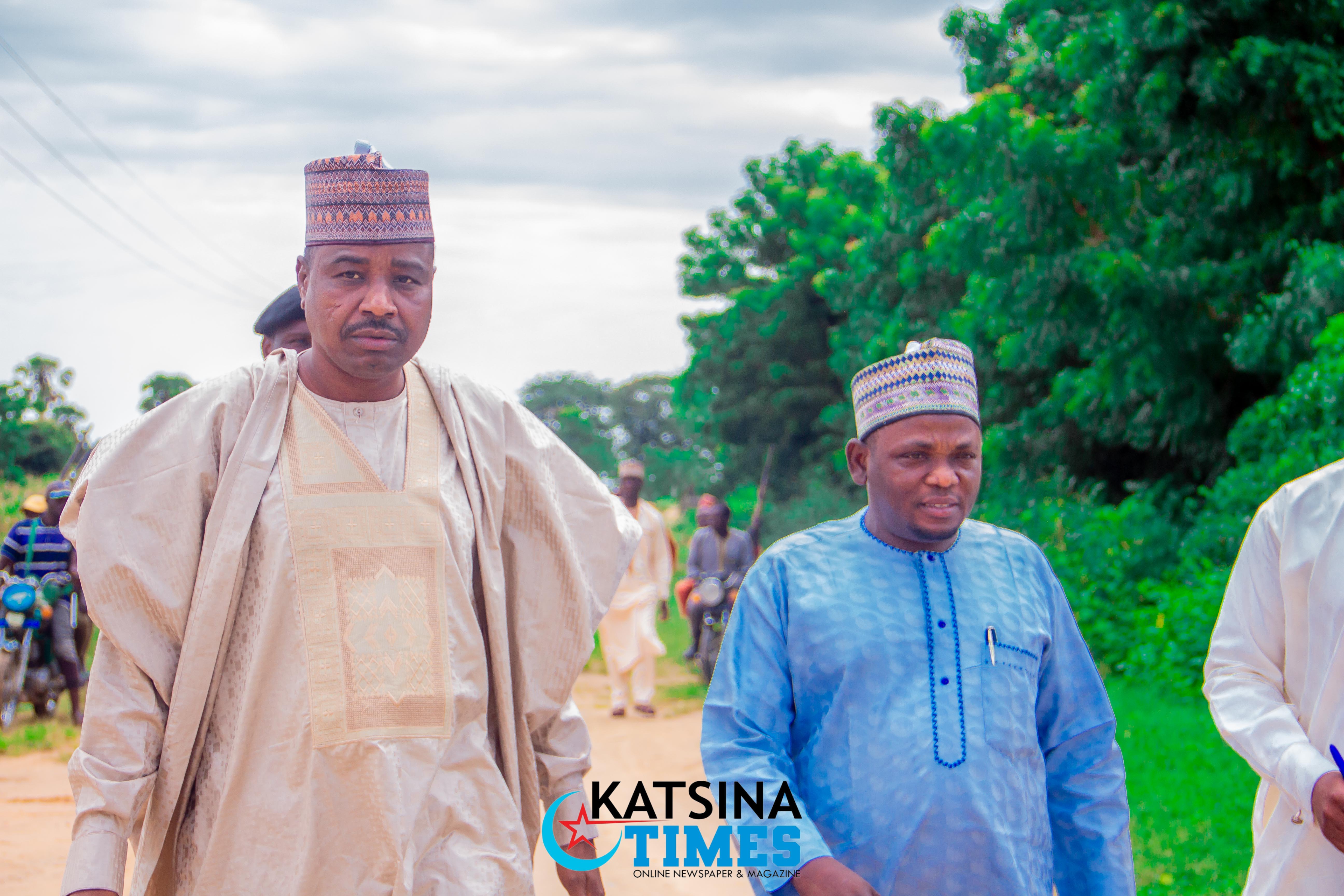Dikko Radda’s Interventions and Reforms in the Local Government Sector

By Mannir
Shehu Wurma
Local Government administration has witnessed
a remarkable transformation since mallam Dikko Umar Radda assumed office in the
last six months. This period has witnessed mutual cooperation between the state
and the 34 local government councils in the areas of provision of social
services and critical infrastructure.
Traditionally, local governments provide
basic services such as water supply, healthcare, rural electricification, basic
infrastructures such as rural feeder roads, education and social welfare. Major
reforms by the Mallam Dikko Radda administration have gone along way in
injecting more life into these services delivered by local governments in the
state.
As an agrarian state which largely relies on
farming, livestock breeding and commercial activities that center around
agriculture, the administration has provided a wide range of assistance to
farmers to boost their production in the last rainy season.
More critically, the administration has
invested heavily in dry season farming by engaging 2,040 farmers, 60 from each
Local Government Area, in intensive irrigation agriculture.
The governor inaugurated the irrigation
scheme last year in Funtua Local Government Area. It entailed the construction
of six solar-powered irrigation schemes in each of the 34 Local Government
Areas with 60 farmers accessing the irrigation scheme in each Local Government
Area. It also distributed fertilizers, seedlings, chemicals, constructed tube
wells and trained farmers in the production of various staple foods to boost food
production, commercial agriculture and food security in the state.
This is in addition to the improvement from 72 to 600 agricultural extension agents
who have been trained to provide farmers with modern farming skills to enable
them compete with their peers in other parts of the world in agricultural
production.
These efforts were further reinforced with the administration’s intervention in the security sector where Community Watch Corps which comprises of an initial 1,500 well-trained officers were deployed to various communities to assist security agencies in providing security in their communities.

